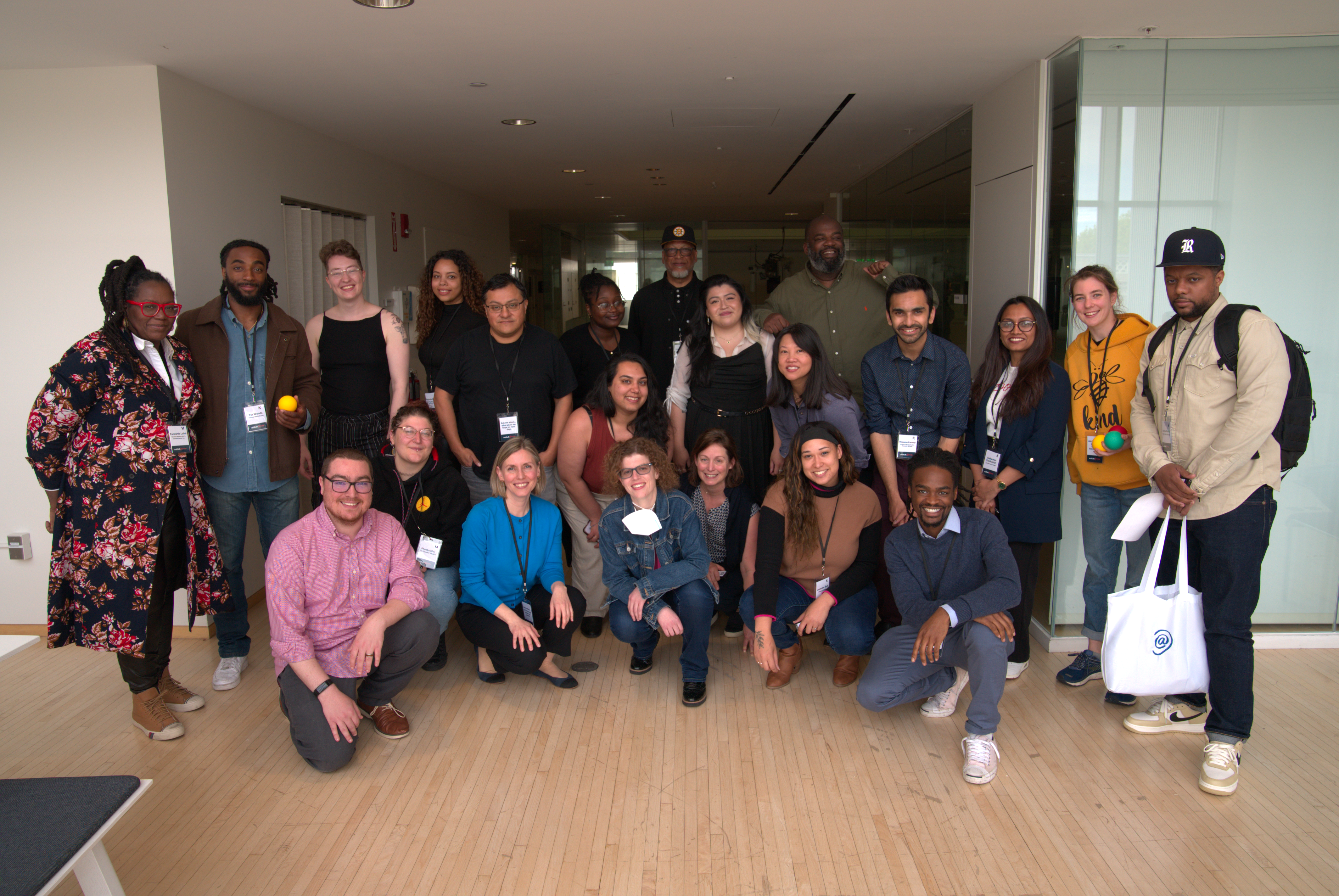Eighteen representatives of local community-based organizations came together for a day co-design, learning, and building connections with the mission of elevating underheard voices across the city.
The MIT Center for Constructive Communication, with support from the Robert Wood Johnson Foundation, is growing a network of local key stakeholders that will invite members of their diverse communities to engage in public conversations, share their experiences, and develop a shared understanding as a way of building up our civic muscles of democracy in Boston.
On Friday, May 17th, 14 organizations from Boston, selected through an application review process, gathered at the MIT Media Lab to co-design a conversation guide, learn how to facilitate community conversations, and use cutting-edge technology to analyze those conversations for emergent patterns and themes. These experienced community organizers will collaborate as a cohort throughout the year to build a new civic infrastructure for community-powered understanding.
The cohort of organizations organizations includes:
- ArtSpark Boston
- Asian Women for Health
- Boston CASA
- Boston Climate Action Network (BCAN)
- Boston Public Schools
- Circus Up
- Disability Law Center
- Family Nurturing Center of MA
- Greater Roxbury Arts & Cultural Center, Inc.
- Greatest MINDS Boston
- Jamaica Plain Neighborhood Development Corporation
- Primary Source
- The Loop Lab
- The Peoples’ heART
Reflecting on the day’s work, Taneshia Laird of the Greater Roxbury Arts & Cultural Center (GRACC), reflected: “The tools, methods, and connections we will gain through this program will be transformative as we strive to establish GRACC as a cutting-edge, Black-led arts and cultural center that celebrates Afrodiasporic heritage. We eagerly anticipate the insights and partnerships that will emerge from this collaborative effort, envisioning a future where Boston becomes a true ‘listening city.’”
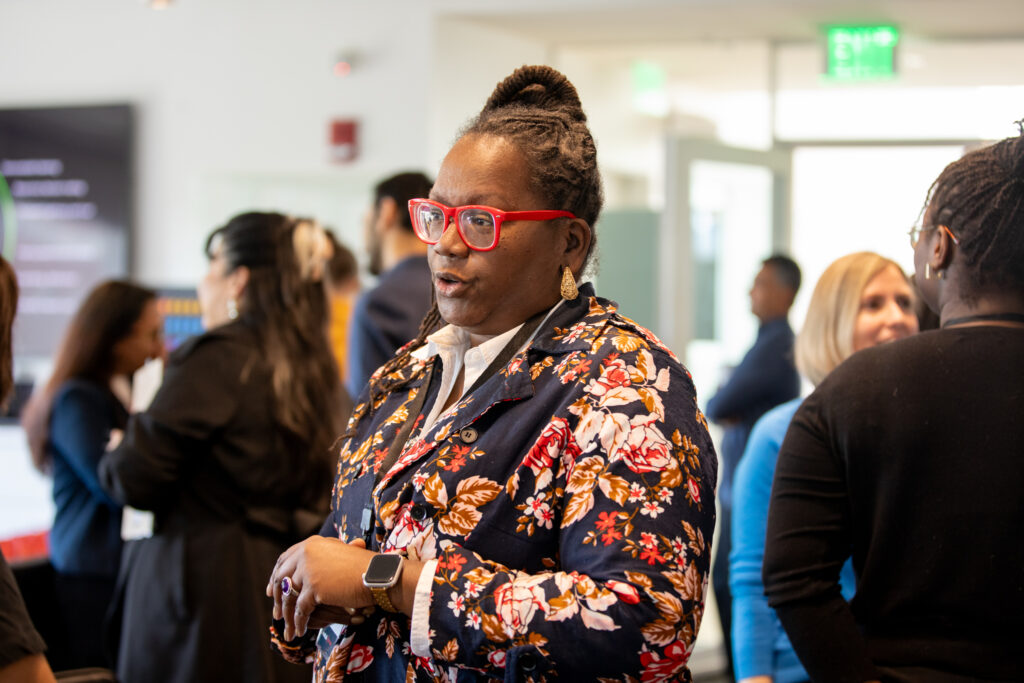
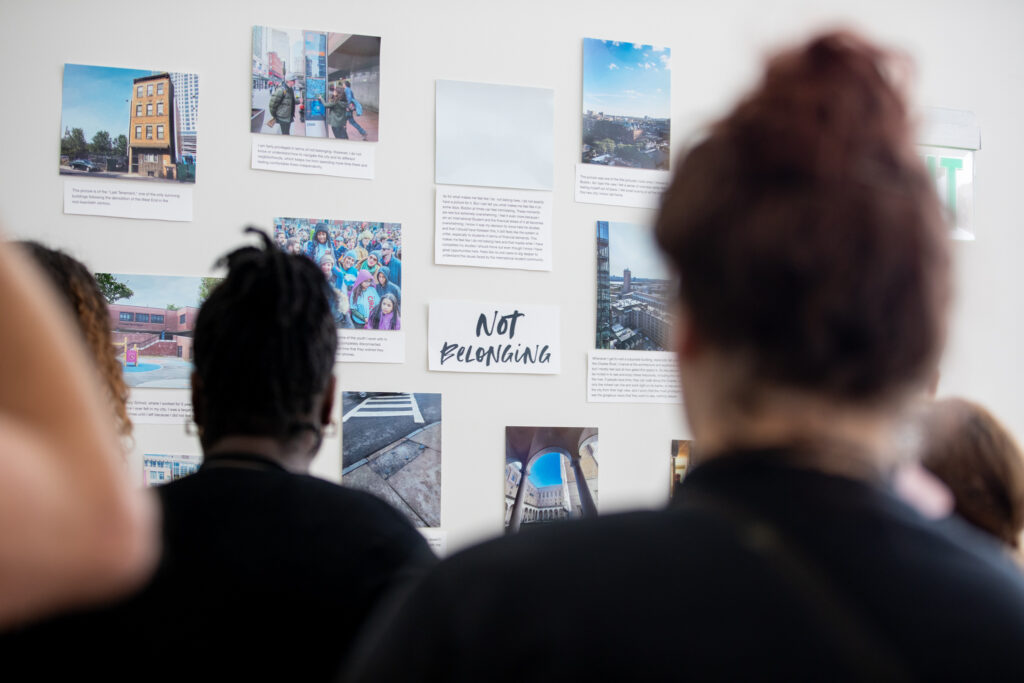
Dimitra Dimitrakopoulou, CCC’s head of Translational Research and Principal Investigator for realtalk@Boston, highlighted that “by fostering authentic dialogue and leveraging cutting-edge technology, our program is not just amplifying underheard voices but also weaving these diverse narratives into the fabric of Boston’s civic infrastructure. This initiative is pivotal in transforming Boston into a listening city, where every community member’s story contributes to our shared understanding and a stronger, more inclusive Boston.”
“This initiative not only strengthens the democratic fabric of Boston but also sets a precedent for cities worldwide on how to build more inclusive and responsive communities”, explains Professor Deb Roy, CCC director. “By bringing together community leaders and employing innovative technologies, we are creating a civic infrastructure that elevates diverse voices into a more meaningful, constructive discourse.”
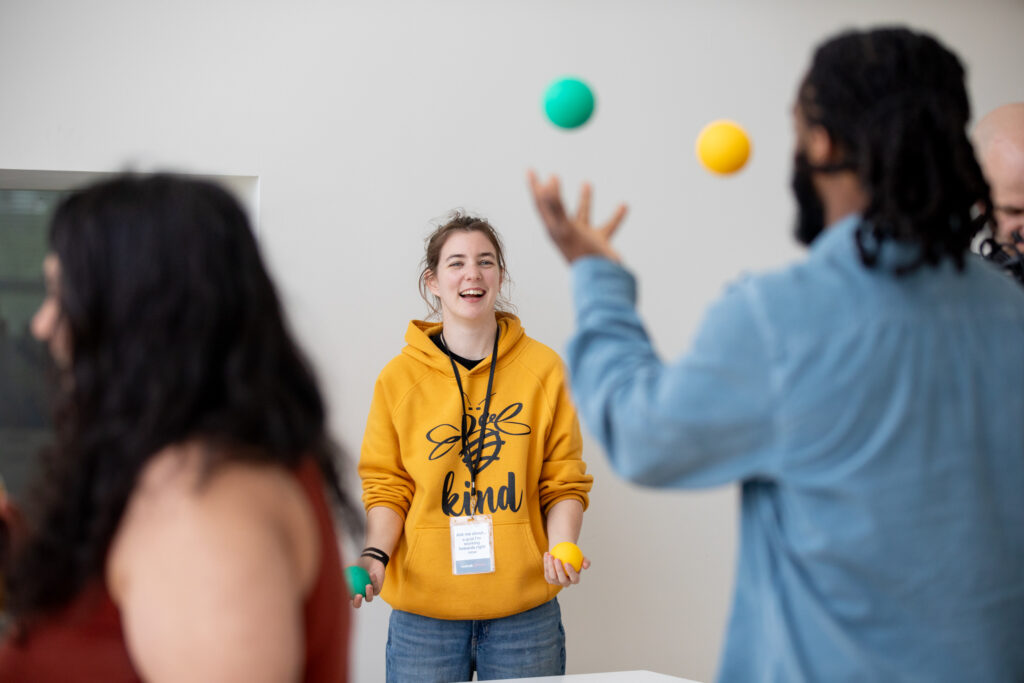
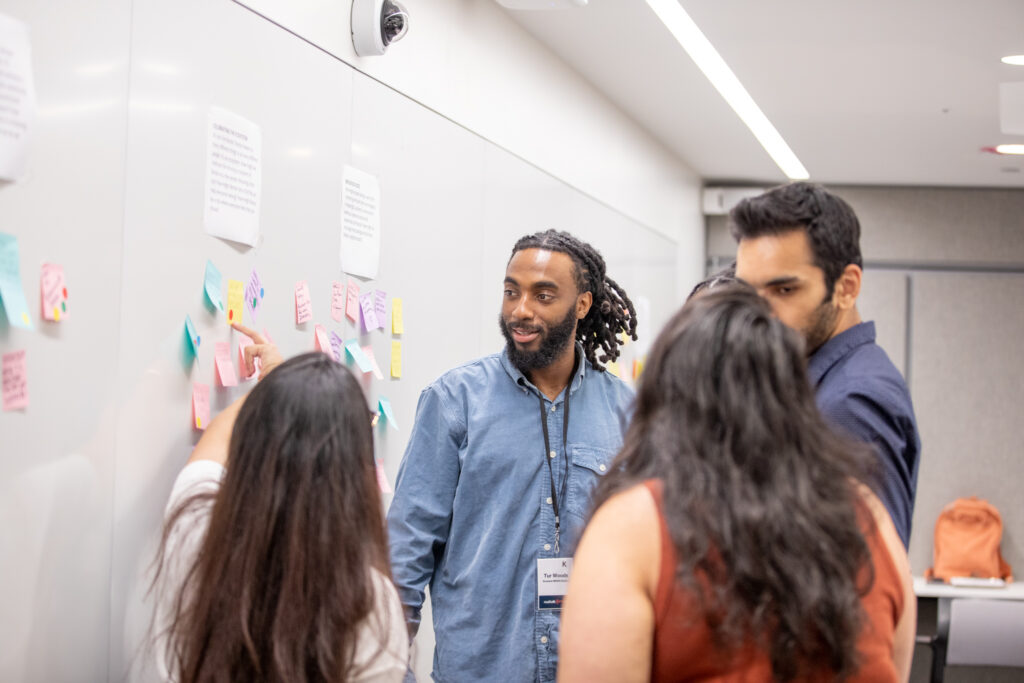
Representatives from these outstanding organizations will spend the summer hosting community conversations, inviting local community members to share stories and experiences around living in the city. Ava Dudani, Founder of ArtSpark Boston, has an exciting vision of how to use CCC technology in new contexts. She shared, “My idea is to host a series of conversations that includes a live performance from an ArtSpark artist before each one and maybe hosting them at spaces that are meaningful to the community whether they’re performance venues or places like coffee shops, laundromats, barber shops – unconventional spaces like that.”
The cohort will reunite in August to listen to one another’s conversations, analyze and make sense of the conversations they hosted, and identify actionable insights that can lead to social change.
Marlon Orozco, Senior Instructor at the Loop Lab, summarized: “What’s really interesting about what’s happening today is that this is a collection of folks who are facing similar issues – we all want to connect our communities together, we all want to have our voices heard, so to have all these folks here, in one place, is priceless.”
